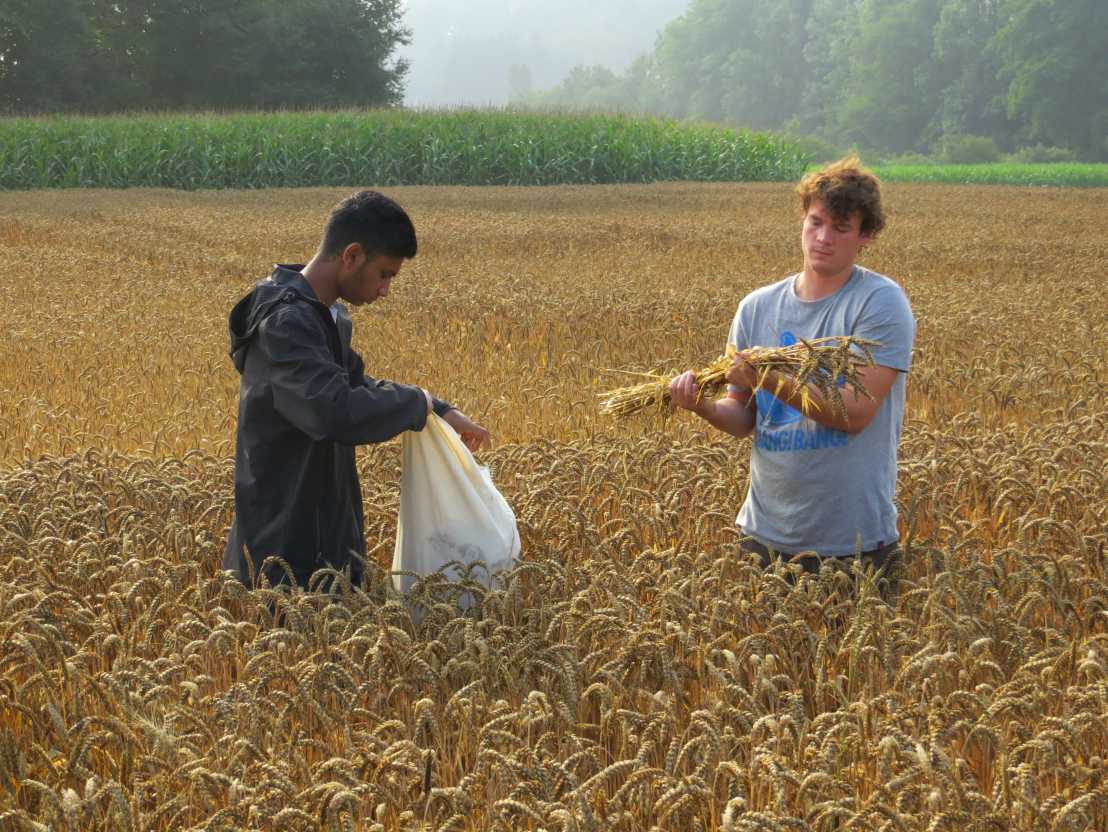Increasing zinc in soils: Another new study from ZOMM project
A new publication in Applied and Environmental Microbiology from the group of WFSC member Prof. Emmanuel Frossard, Plant Nutrition, investigated how different bacteria increase the amount of available zinc in soil.

Nearly 50% of soils used for cereal cultivation contain little plant-available zinc. Such zinc deficiency in crops such as wheat reduces biomass production and quality. To combat this issue, the WFSC Research Program project “Zinc Biofortification of Wheat through Organic Matter Management in Sustainable Agriculture” (ZOMM), investigates how organic matter can be used best in agricultural soil management to enhance the nutritional quality of wheat grains with respect to Zn density, while at the same time promoting soil fertility.
This new study from WFSC member Prof. Emmanuel Frossard investigates inoculation of soil with zinc-solubilizing bacteria to increase availability of zinc to plants, therefore enhancing crop growth and nutritional quality. Doctoral student and first author Benjamin Costerousse conducted experiments focused on illuminating how certain bacteria solubilize zinc in soils. Using a new technique of matrix-assisted laser desorption ionization–time of flight mass spectrometry (MALDI-TOF MS), a variety of pathways leading to the release of mineralized zinc into soil pore water by eight different bacteria was revealed. This study highlights that solubilization mechanisms vary among bacteria and are strongly affected by growth conditions.
Read the full article "Identification of Heterotrophic Zinc Mobilization Processes among Bacterial Strains Isolated from Wheat Rhizosphere (Triticum aestivum L.)" from the team of authors at ETH Zurich, FiBL, and University of Liège in Applied and Environmental Microbiology external pageherecall_made
The paper is an output of the WFSC Research Program project “Zinc Biofortification of Wheat through Organic Matter Management in Sustainable Agriculture” (ZOMM). For more information on the project, visit the project page.
